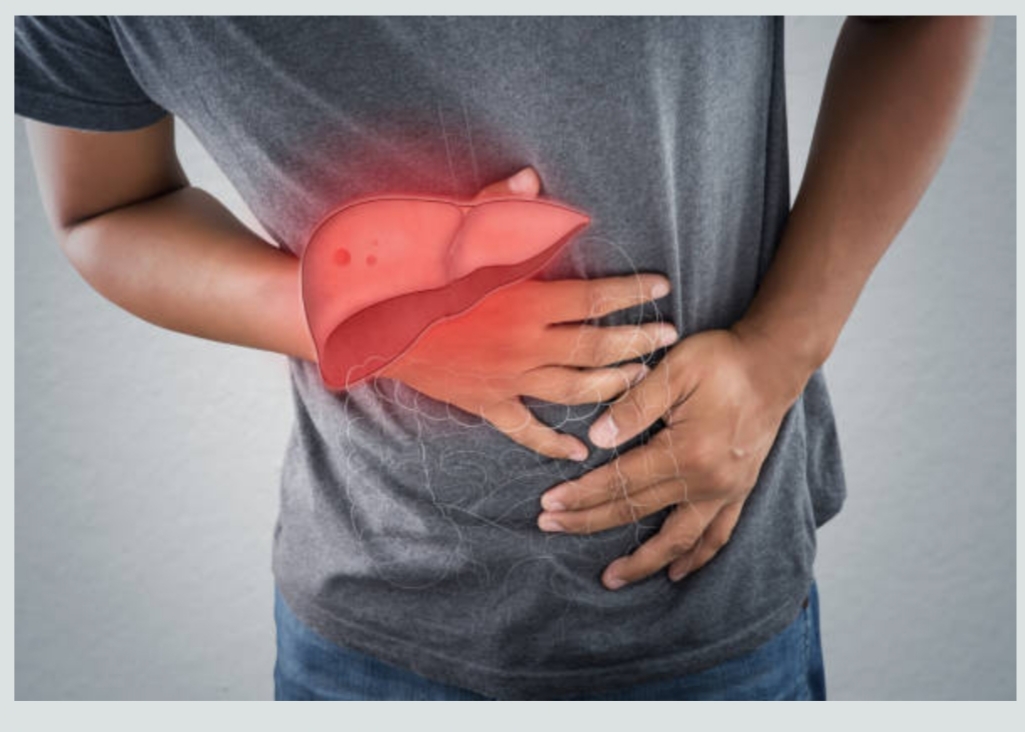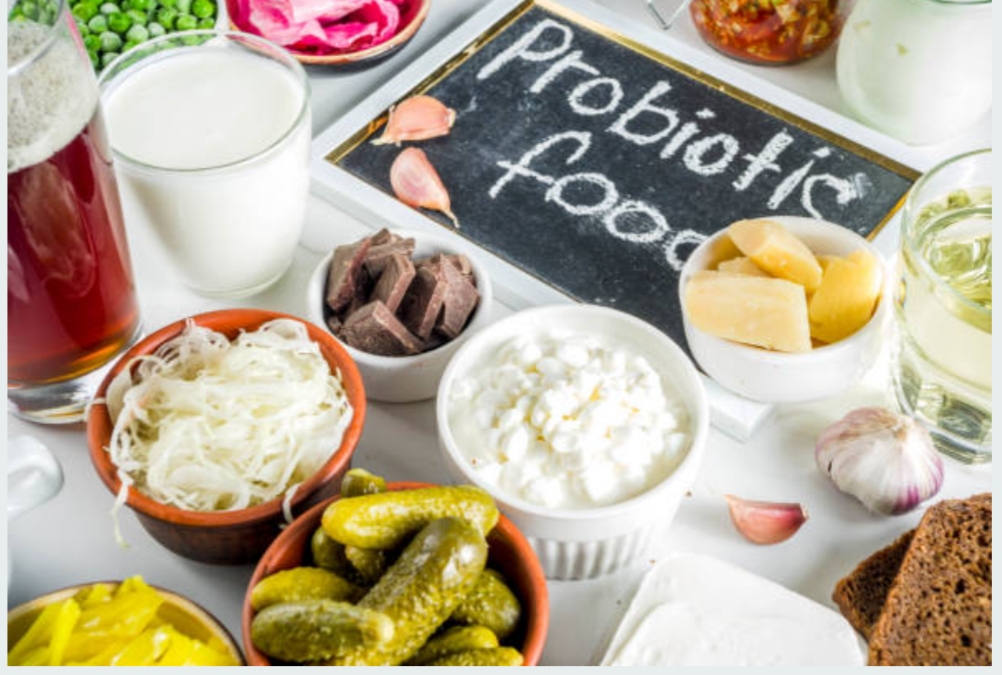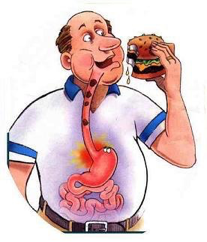“Stress is a common experience of daily living”.
Stress, Deadlines, Stuck in traffic, Examinations, Workload and having too much to do in life. But not enough time to do anything. Most of us are familiar with these kinds of daily stresses that get our heart racing, breath quickening, and stomach-churning. These can promote the consumption of highly palatable foods, or junk foods, which influence gut bacteria to thrive. Stressful life events are associated with the onset of symptoms, including inflammatory bowel disease (IBD), Irritable Bowel Syndrome (IBS), Gastroesophageal reflux disease (GERD), and Peptic ulcer disease.

In this paragraph it is shown that there’s a strong connection or link between the gut, which refers to the gastrointestinal tract, and the brain. Firstly, Stress and depression can reshape or alter the gut bacteria’s composition. Secondly, they release metabolites, toxins, and neuro-hormones that can affect appetite, mood, or sleep habits, reducing inflammation in the body. Thirdly, these can contribute to depression, affecting cognitive function and response to stress.
We might already eat a lot of Gut-friendly bacteria called probiotic foods, in our diet such as yogurt or kimchi. Some people take a daily probiotic supplement to reap their potential benefits. However, it is also important to know how to improve digestion and stress issues naturally at home.
There are a few simple ways in which you can improve digestion which include:
- Physical exercises (including Yoga),
- By adopting eating healthy food and hydrate yourself,
- Including few probiotic drinks in your diet such as Buttermilk, Simple milk kefir, Coconut water Kefir, Apple cider vinegar drink, Probiotic vegetable juice. Probiotic foods such as dosa, idli and rice kanji, and healthy mood-boosting foods, dark chocolate, banana, berries, nuts, and seeds, etc.

In conclusion, we can say that Probiotics have promising potential treatment for depression, to prevent intestinal problems linked to chronic stress and other mental health conditions.





